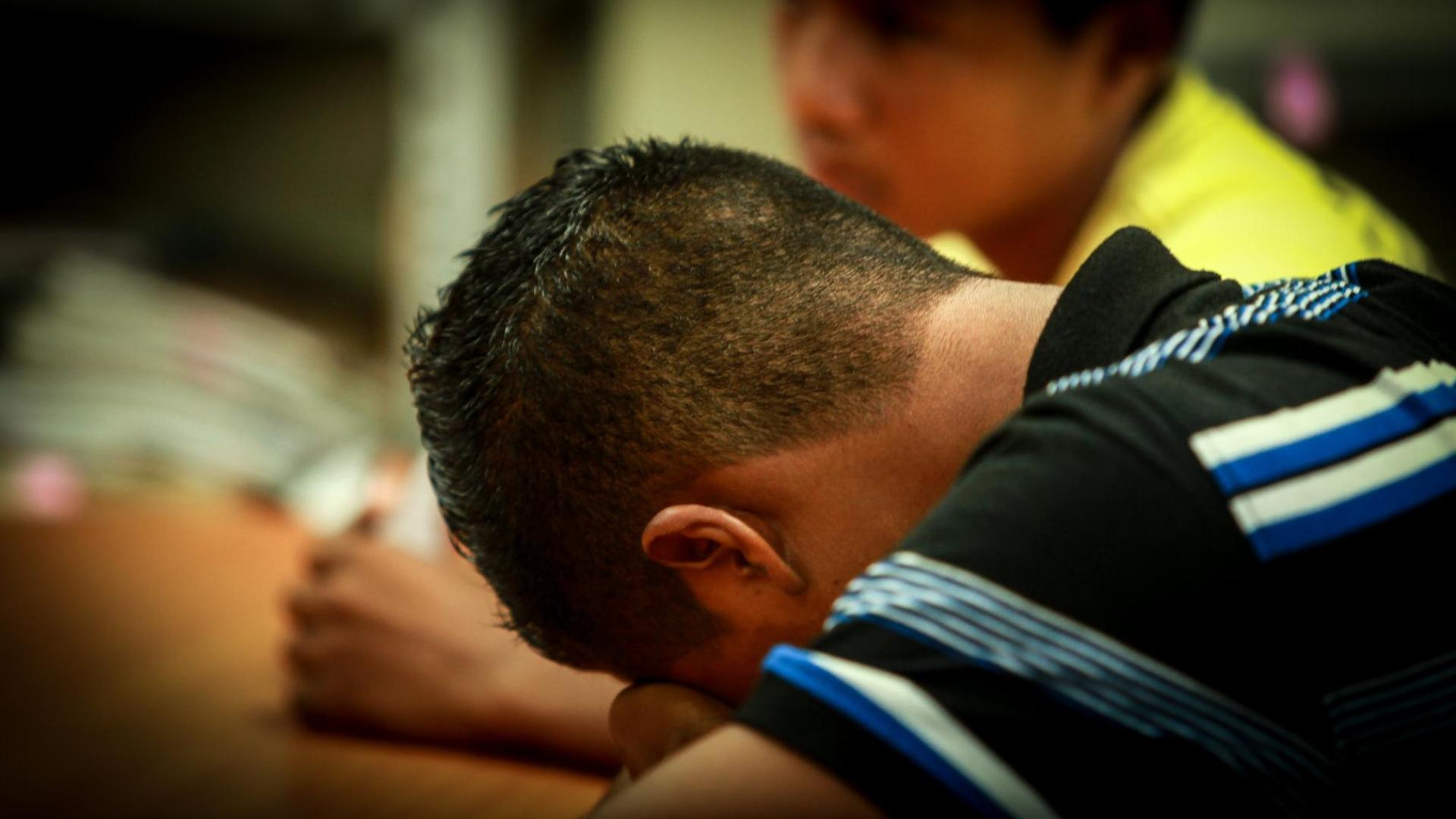Men And Boys Are Raped Too: Sexual violence against men and boys is a significant problem. With the exception of childhood sexual abuse, though, it is one that has largely been neglected in research.
Rape and other forms of sexual coercion directed against men and boys take place in a variety of settings, including in the home, the workplace, schools, on the streets, in the military and during war, as well as in prisons and police custody.
RELATED: Myths About Rape Rapist And Victimization
In prisons, forced sex can occur among inmates to establish hierarchies of respect and discipline. Sexual violence by prison officials, police and soldiers is also widely reported in many countries. Such violence may take the form of prisoners being forced to have sex with others as a form of ‘‘entertainment’’, or to provide sex for the officers or officials in command.
Elsewhere, men who have sex with other men may be ‘‘punished’’, by rape, for their behaviour which is perceived to transgress social norms.
The extent of the problem
Studies conducted mostly in developed countries indicate that 5–10% of men report a history of childhood sexual abuse. In a few population-based studies conducted with adolescents in developing countries, the percentage of males reporting ever having been the victim of a sexual assault ranges from 3.6% in Namibia and 13.4% in the United Republic of Tanzania to 20% in Peru.
Studies from both industrialized and developing countries also reveal that forced first intercourse is not rare. Unfortunately, there are few reliable statistics on the number of boys and men raped in settings such as schools, prisons and refugee camps. Most experts believe that official statistics vastly under-represent the number of male rape victims.
The evidence available suggests that males may be even less likely than female victims to report an assault to the authorities. There are a variety of reasons why male rape is under reported, including shame, guilt and fear of not being believed or of being denounced for what has occurred.
Myths and strong prejudices surrounding male sexuality also prevent men from coming forward.
Consequences of sexual violence
As is the case with female victims of sexual assault, research suggests that male victims are likely to suffer from a range of psychological consequences, both in the immediate period after the assault and over the longer term.
These include guilt, anger, anxiety, depression, post-traumatic stress disorder, sexual dysfunction, somatic complaints, sleep disturbances, withdrawal from relationships and attempted suicide.
In addition to these reactions, studies of adolescent males have also found an association between suffering rape and substance abuse, violent behaviour, stealing and absenteeism from school.
Prevention and policy responses
Prevention and policy responses to sexual violence against men need to be based on an understanding of the problem, its causes and the circumstances in which it occurs. In many countries the phenomenon is not adequately addressed in legislation. In addition, male rape is frequently not treated as an equal offence with rape of women.
Many of the considerations relating to support for women who have been raped — including an understanding of the healing process, the most urgent needs following an assault and the effectiveness of support services — are also relevant for men.
Some countries have progressed in their response to male sexual assault, providing special telephone hotlines, counselling, support groups and other services for male victims.
In many places, though, such services are either not available or else are very limited — for instance, focusing primarily on women, with few, if any, counsellors on hand who are experienced in discussing problems with male victims.
In most countries, there is much to be done before the issue of sexual violence against men and boys can be properly acknowledged and discussed, free of denial or shame. Such a necessary development, though, will enable more comprehensive prevention measures and better support for the victims to be implemented.




